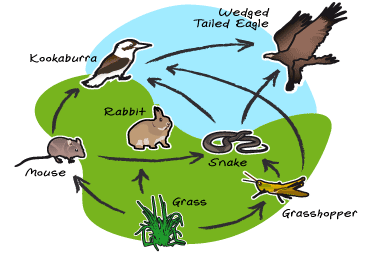Chinese poachers have been deliberately destroying coral reefs in an effort to obtain extremely large clams. These oversized mollusks can fetch thousands of dollars on the market. Reports indicate that this serious damage to the environment is occurring virtually all of the time.
The harmful practice of reef mining can be seen just by looking at the waters where the destruction is taking place. The poachers intentionally use the propellers on their boats to intentionally destroy the underwater ecosystems. As the boats decimate the reefs, plumes of severed reef fragments trail behind.
People who have seen the destruction first-hand have been appalled by the results. The reefs are annihilated into a thick layer of debris, with millions of smashed coral fragments that are dead and white like broken bits of bones. At one point, such reefs were flourishing ecosystems that supported millions of sea creatures. The destruction of these reefs can extend for miles.
Inside the reefs, poachers find massive clams that can be more than three feet across. Clams this large are usually around 100 years old, and they can sell for up to $2,000 on the internet. Fishermen scour the destroyed reefs for clams, bringing in hundreds per day.
In addition to hunting clams, the poachers also search for Hawksbill sea turtles, which are a critically endangered species. While Chinese officials have said that they have tried to stop poachers from committing such acts of destruction, the practice is still widespread, and many criminals manage to get away with a large profit. Some authorities have said that they would rather look the other way than start a shooting war.
With the rise of the middle class in China, many fishermen have become poachers, as they have realized that they can make more money trading endangered species than they can by catching fish. It seems that the Chinese are content in destroying all of their surrounding reefs for the purpose of earning a payday. It remains to be seen if Chinese officials will ever increase their efforts to save the rapidly dying reefs.
Stay Connected